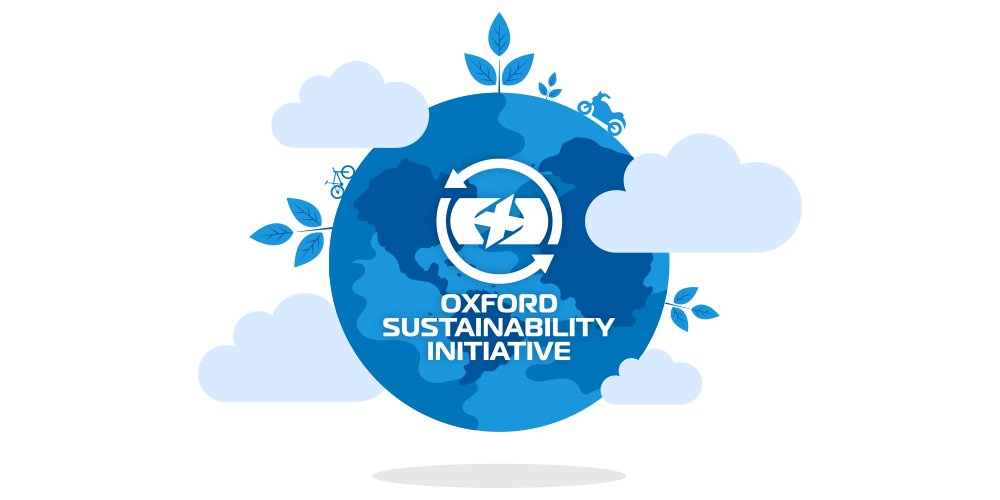
Driving change to address economic, social and environmental challenges is high on everyone’s agenda, the global average energy-related carbon footprint is around 4.7 tonnes of CO2 per person – the equivalent of taking two round-trip flights between Singapore and New York. We all play an integral part in the workplace to reduce our greenhouse gas emissions but we realise a focused approach on sustainable projects within our business is paramount if we want to become carbon net zero in the future.
Our passion for the environment drives our commitment to becoming ISO 14001 approved by 2025. We internally audited our business in May 2023, focusing on key areas that have the biggest impact on the environment and formed a list of priorities to reduce that impact…

We have installed a 40kWh solar system which allows Oxford Products to offset approx. 8.46 tonnes of carbon emissions per year. This is the equivalent of planting 100 trees per year.
For 2024 the company has committed to an additional £100K investment in solar panels capable of producing approximately 130kWh of energy. This will save an additional 27 tonnes of carbon emissions per year.
Current local infrastructure limitations restrict us from producing all of the energy we need via solar, so for our remaining energy requirements, we are seeking advice from respected suppliers dedicated to green energy production.
50% of our company vehicle fleet has been converted to hybrid technology and pure electric where possible, thereby reducing harmful emissions by 40%.
Our objective is to be 100% hybrid or fully electric by the end of 2025.
We continue to invest in information technology and online sales systems, thereby reducing our customers’ reliance on seeing salespeople face-to-face, subsequently reducing vehicles/miles on the road.

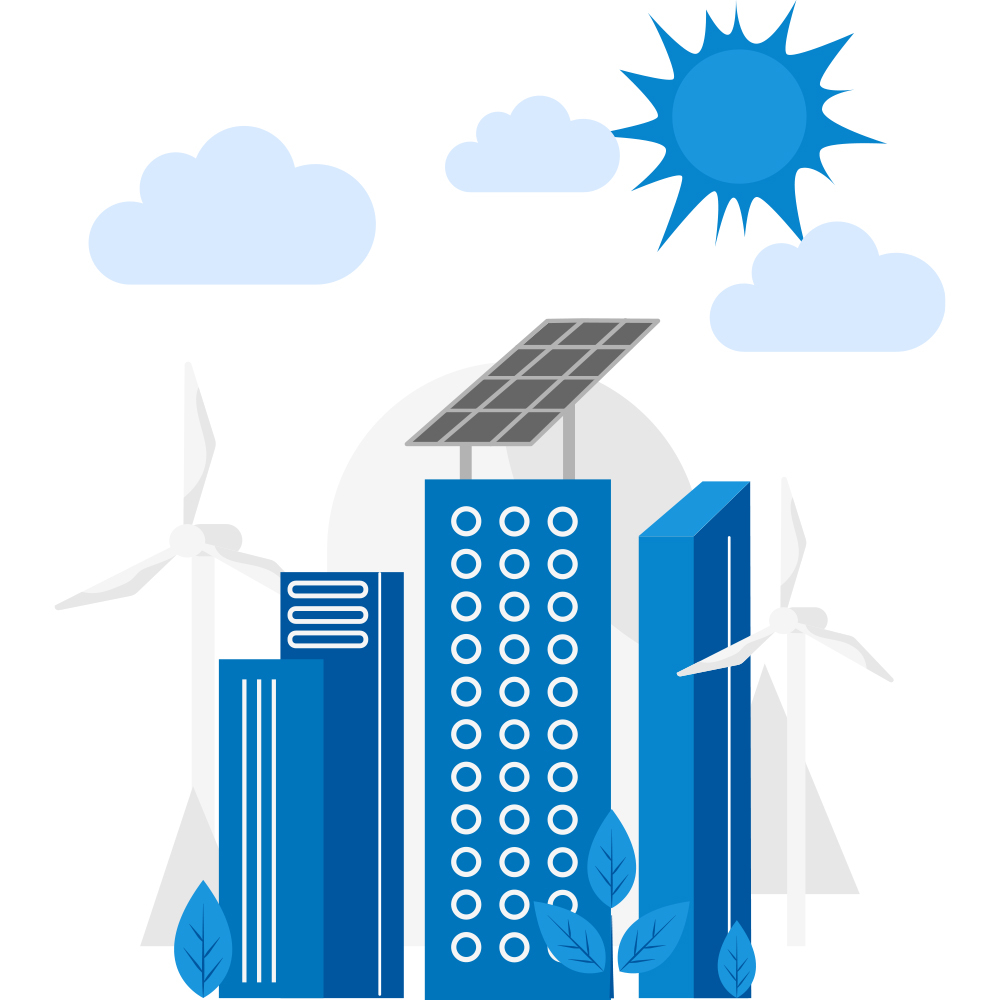
Investment in more energy-efficient, movement-sensored lighting throughout our office network since March 2022 has resulted in a saving of 6.8 tons of carbon per year.
In September 2023 we are installing a £55k green upgrade to our warehouse lighting, which will save 10 tonnes of CO2 per year. This exercise will be repeated in 2024 in our other facility, saving a further 8.5 tonnes of CO2 per year.
Voltage optimisation is an energy-saving technique that is used to regulate the incoming power supply from the National Grid by reducing the voltage supplied to the optimum level. Utilising this technology, we can reduce the amount of electricity we use, reducing our carbon emissions at the same time. We have commissioned an independent voltage optimisation audit, in order to reduce our power usage from 2024.
We have always used recyclable materials in our packaging but for the last decade our focus has been on removing as much plastic as possible from our product range. In 2015, the company made the decision to accelerate this process as the cornerstone of a re-branding exercise, by redesigning EVERY item of packaging from its range of thousands of products. This investment served to:
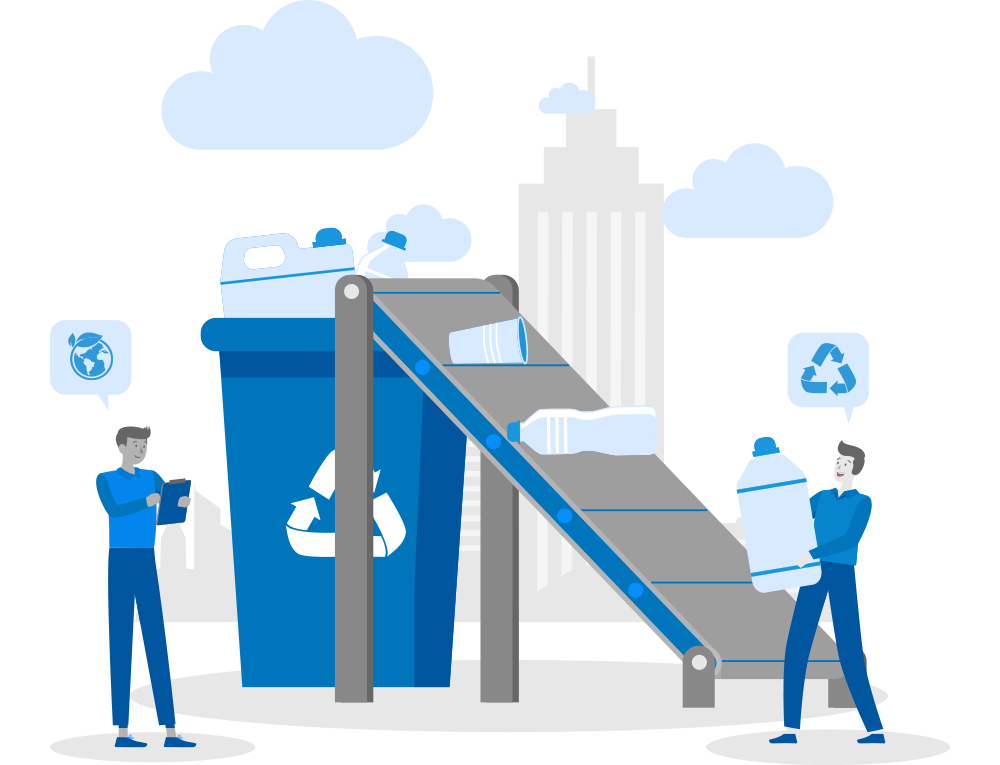
We wanted to remove ALL plastic; however, we were limited by some of the practicalities of packaging. Some materials were not a suitable replacement for plastic components (e.g. the euro hanger); in this case we ensured the plastic was recyclable and, where possible, made from recycled materials.
Following our early steps in 2015, we have worked with several innovative factories to develop bespoke, paper-based, bamboo or sugar cane alternatives. By 2024 we will have replaced ALL plastic euro hangers with these alternatives. Our objectives are now:
Furthermore:
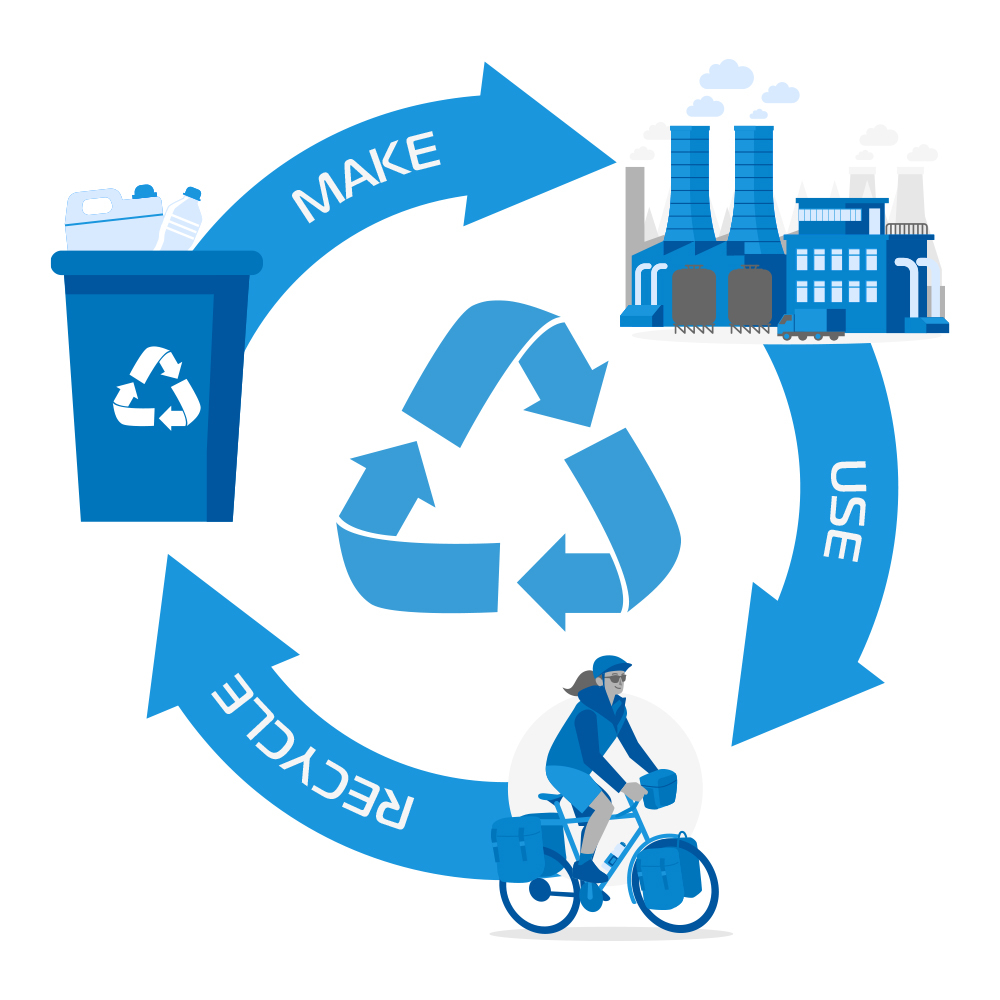
Circular economy is a new production and consumption model that ensures sustainable growth over time. With the circular economy, we can drive the optimisation of resources, reduce the consumption of raw materials, and recover waste by recycling or giving it a second life as a new product.
For example, our R&D team has developed new materials for motorcycle apparel (PPE) which are made from 62% recycled materials whilst maintaining the stringent safety & quality standards required.
Moving forward:
We have also developed new thermal lining materials which are made from 100% recycled materials. In 2024 this will represent 28% of our production which equates to 2.7 tons of single-use plastics being removed from the supply chain.
We currently have research projects under way in the following areas:
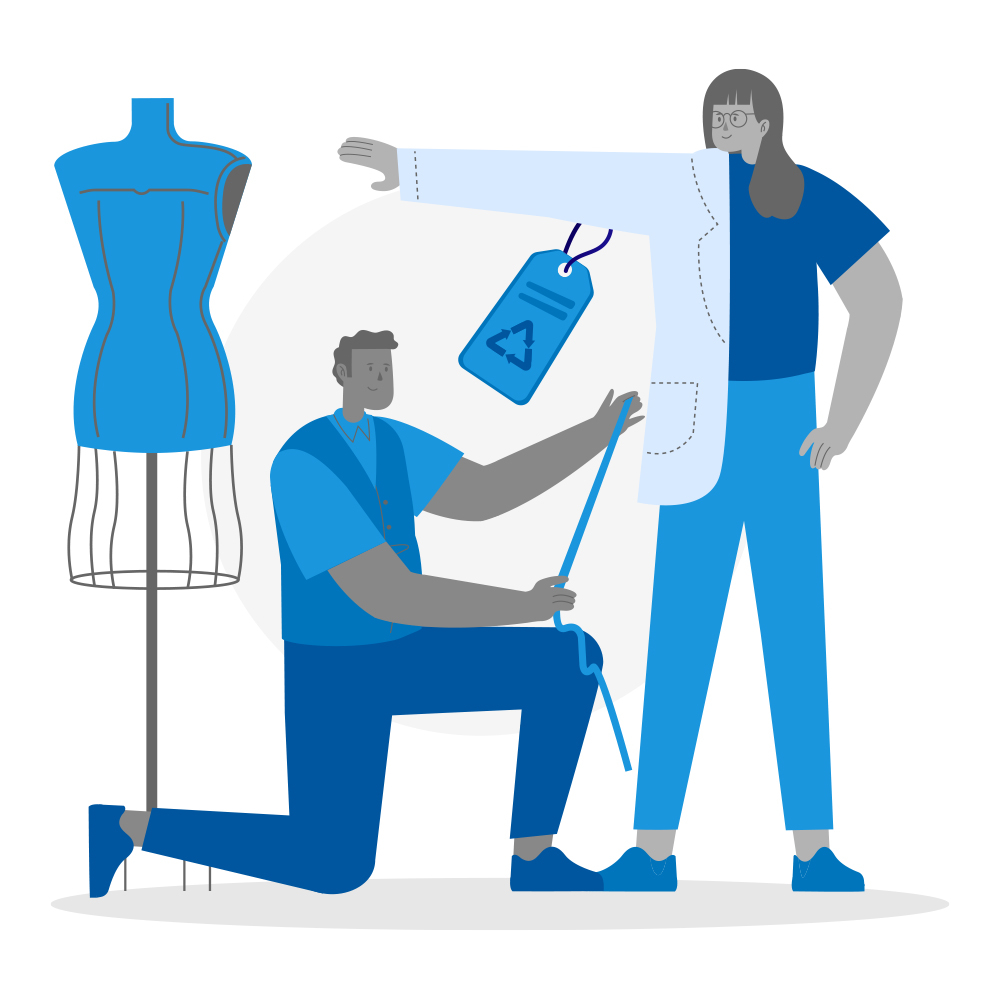
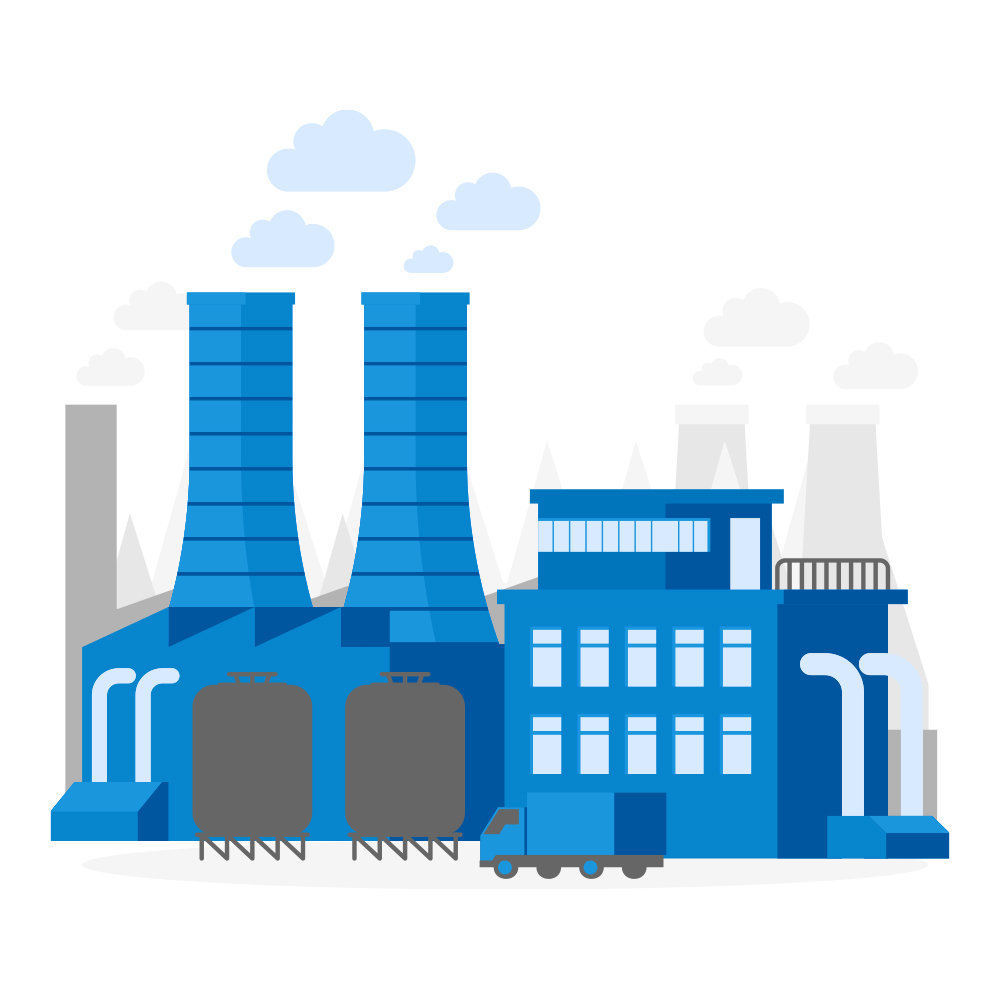
All existing and new factories MUST complete our tailor-made Sustainability Questionnaire to establish their current initiatives such as human, social, economic and environmental impacts and targets for future development. These questionnaires are reviewed in detail and the suppliers graded and given a score out of 100 ensuring ongoing improvements are achieved and maintained.
Within our distribution operation, we are striving for a paperless community having invested in end-to-end digitalised solutions. Our warehouses use fully electric forklifts and we have recently commenced a major automation project which will further reduce energy consumption and waste. 99% of our packing materials are made from recycled materials and are 100% recyclable. 100% of recyclable materials generated by our distribution facilities are recycled.
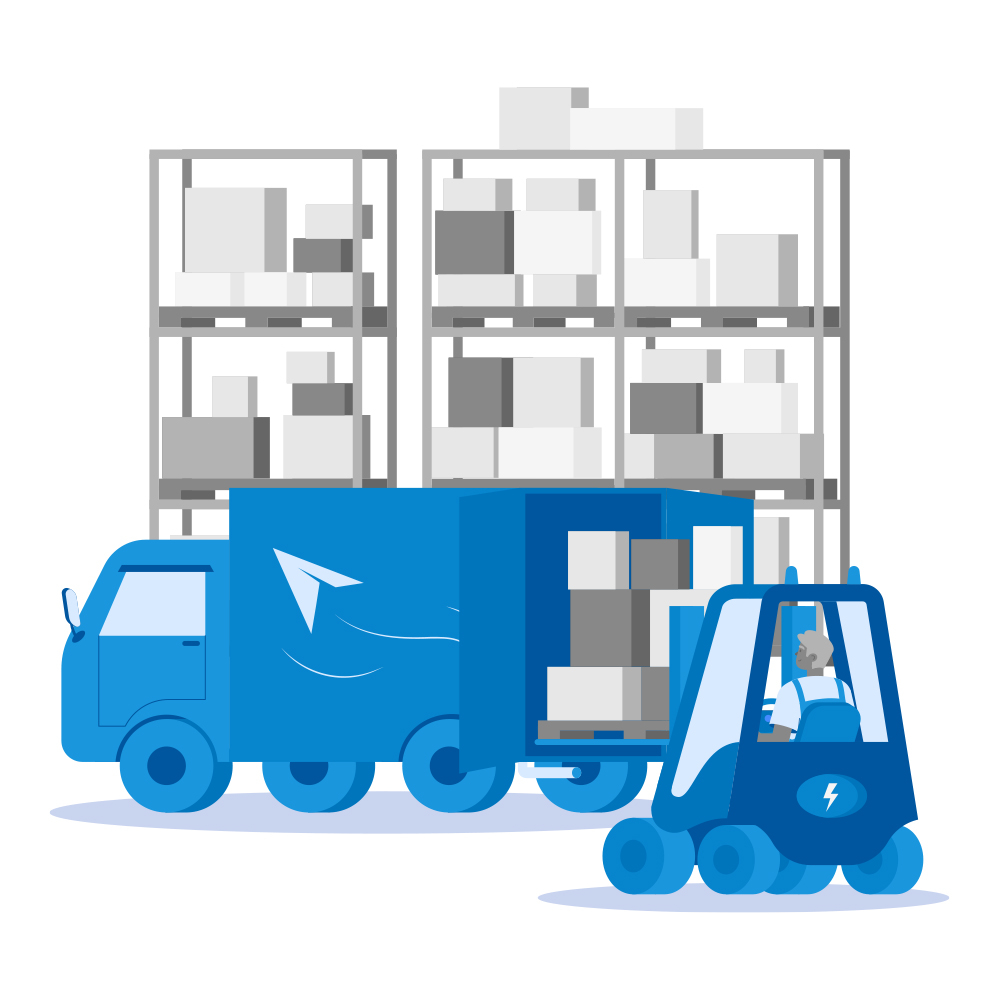
Many of the best ideas for improving our company’s sustainability come from within. To encourage participation, we have:
